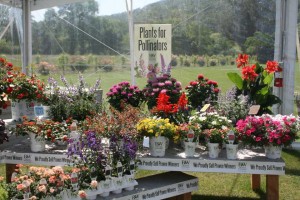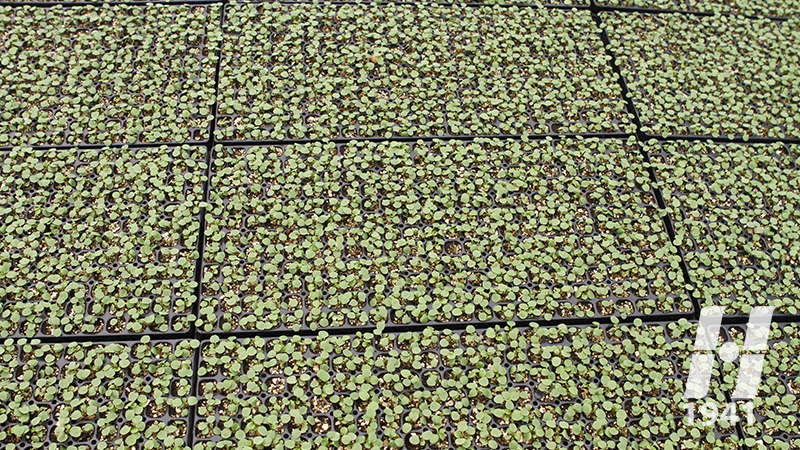“Bee-Friendly” Labels Matter To Plant Consumers, According To Study
 As campaigns about pollinators gain momentum and the media continues to publish stories about the pollinator decline, consumers are being increasingly exposed to information surrounding pollinator health. But how important are pollinator-friendly insect management practices compared to other factors when it comes time for consumers to purchase ornamental plants? How do they stack up with other high-profile challenges such as the droughts in California? Are consumers willing to pay more for plants with eco-friendly practices?
As campaigns about pollinators gain momentum and the media continues to publish stories about the pollinator decline, consumers are being increasingly exposed to information surrounding pollinator health. But how important are pollinator-friendly insect management practices compared to other factors when it comes time for consumers to purchase ornamental plants? How do they stack up with other high-profile challenges such as the droughts in California? Are consumers willing to pay more for plants with eco-friendly practices?
In 2015, a Michigan State University research team led by Extension Educator Heidi Wollaeger reported the findings of the first year of a two-year study that showed that bee-friendly production practices were the best understood, while neonicotinoid-free production was the least understood alternative pest management practice.
A new study published by researchers at MSU also showed that ornamental plant consumers valued insect management practices that were labeled “grown using best insect management to protect pollinators” or “bee-friendly” compared with plants labeled with eco-practices such as “grown using recycled/recaptured water.”
In addition, plant species was overall the most important attribute to consumers when purchasing ornamental plants (31.6%) while eco-practices were relatively the least important (20.1%). The eco-practices were still considered the least important factor even in areas experiencing extreme droughts, such as California.
Check out more information on this new research on the Michigan State University Extension website.










